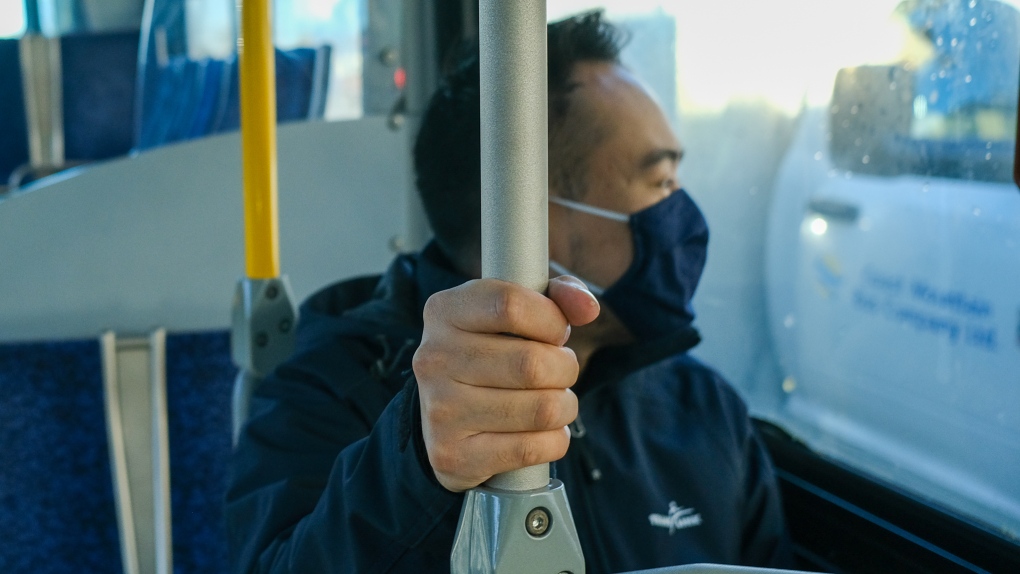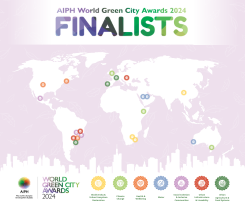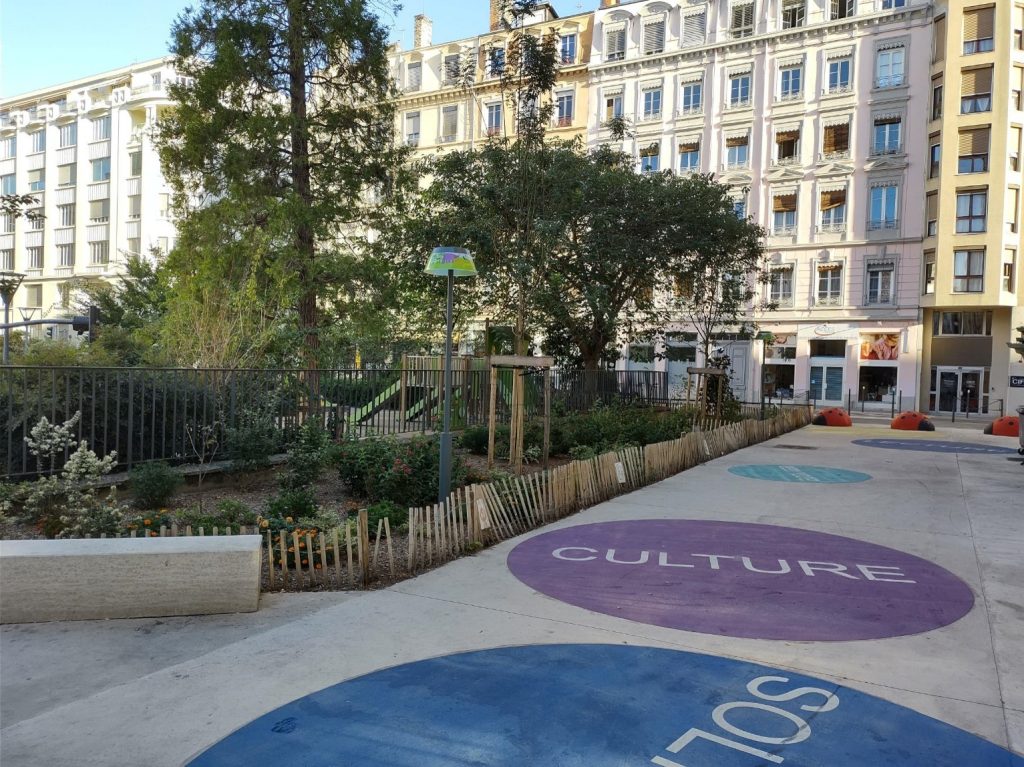
Photo: Teck Resources Limited
Trials of bacteria-killing copper on public transport continue
04 October 2021
by Christopher Carey
The Toronto Transit Commission (TTC) will install copper coatings on ‘high-touch surfaces’ across its subway, streetcar and bus services as part of trials to make public transport cleaner and safer.
The initiative builds on a similar scheme launched in Vancouver last year, where anti-microbial coating was found to kill up to 99.9 percent of bacteria within one hour of contact with the surface.
“Safety has always been the top priority for the TTC – and it’s important that both our employees and customers feel safe every time they’re on one of our vehicles,” said Richard J. Leary, CEO, Toronto Transit Commission.
“Participating in a pilot like this is a real opportunity to look at new ways to curb the spread of infection. The COVID-19 pandemic has reminded us of the importance of innovating and planning for the future.”
The trial, funded by mining firm Teck Resources Limited as part of its Copper & Health programme, will outfit copper on high-touch surfaces on several TTC buses, subway cars, and streetcars, and expands on the company’s current pilot in Vancouver.
Vancouver pilot
The first phase of the firm’s Vancouver pilot began in November 2020 and lasted for five weeks.
The scheme initially covered two buses and two SkyTrain cars, before being expanded in March 2021.
Results from the trials – based on sample testing performed on transit and in a lab – concluded that select copper products on transit are durable and kill up to 99.9 percent of all bacteria within one hour of the bacteria’s contact with the surface.
Of the more than 1,140 samples collected and analysed, the two products that performed best in the transit environment were copper decals and copper nickel plasma sprays.
Tests were conducted using surface cultures and ATP bioluminescent testing on samples taken from transit surfaces.
Toronto expansion
The Toronto trials – which will test the coating on more transit vehicles over a longer period of time – also seek to measure how the coating works in the city’s continental climate.
Tests will be conducted every two months with samples sent to Toronto’s Mount Sinai Hospital and the University Health Network for processing.
Dr Tony Mazzulli, Microbiologist-in-Chief, Sinai Health/University Health Network, Toronto, said: “If this study confirms the results of the initial first phase study conducted in Vancouver showing the effectiveness of copper to kill 99.9 percent of bacteria, which I believe it will, it will open up the potential for its use in a broad range of settings where there are high-touch surfaces.
“The potential impact of this at reducing the spread of infections from surfaces will be tremendous.”
Copper has been found to have antimicrobial properties and is proven to continuously kill bacteria that cause infection.
It is the only solid metal touch surface registered as a public health product by Health Canada and the US Environmental Protection Agency.
Low risk
Despite concerns that public transport could become a breeding ground for the spread of COVID-19, there is little evidence to suggest this is the case – even with the gradual increase in passengers.
A September 2020 report commissioned by the American Public Transportation Association (ABTA) found “no direct correlation” between use of urban public transit and transmission of COVID-19 – provided people wear masks and trains and buses are well-ventilated.
Sam Schwartz, the former NYC Traffic Commissioner whose transit consulting firm compiled the report said the misinformation surrounding COVID-19 and transit was “appalling,” given that no direct link had been established.
Image: Teck Resources Limited










